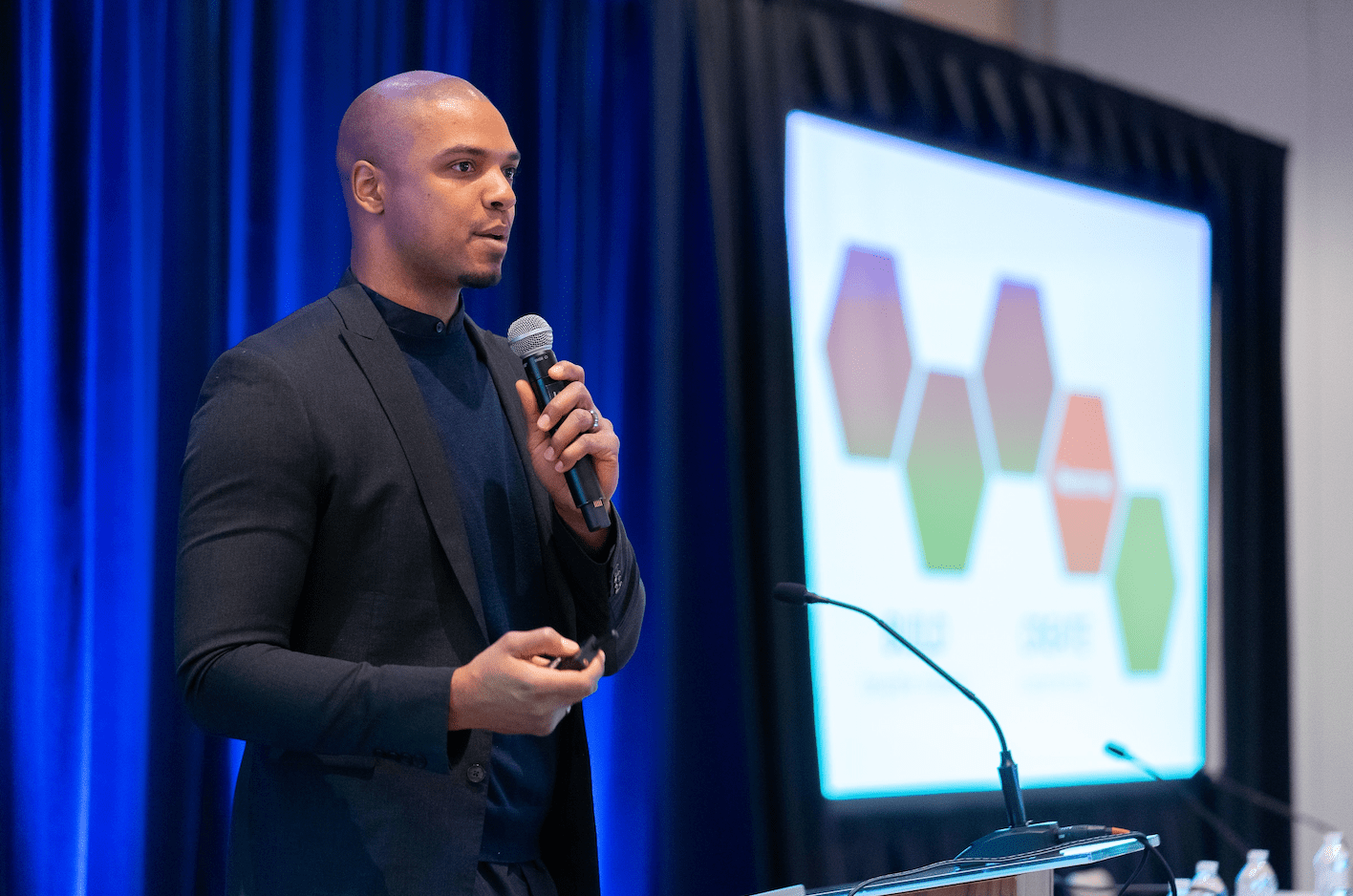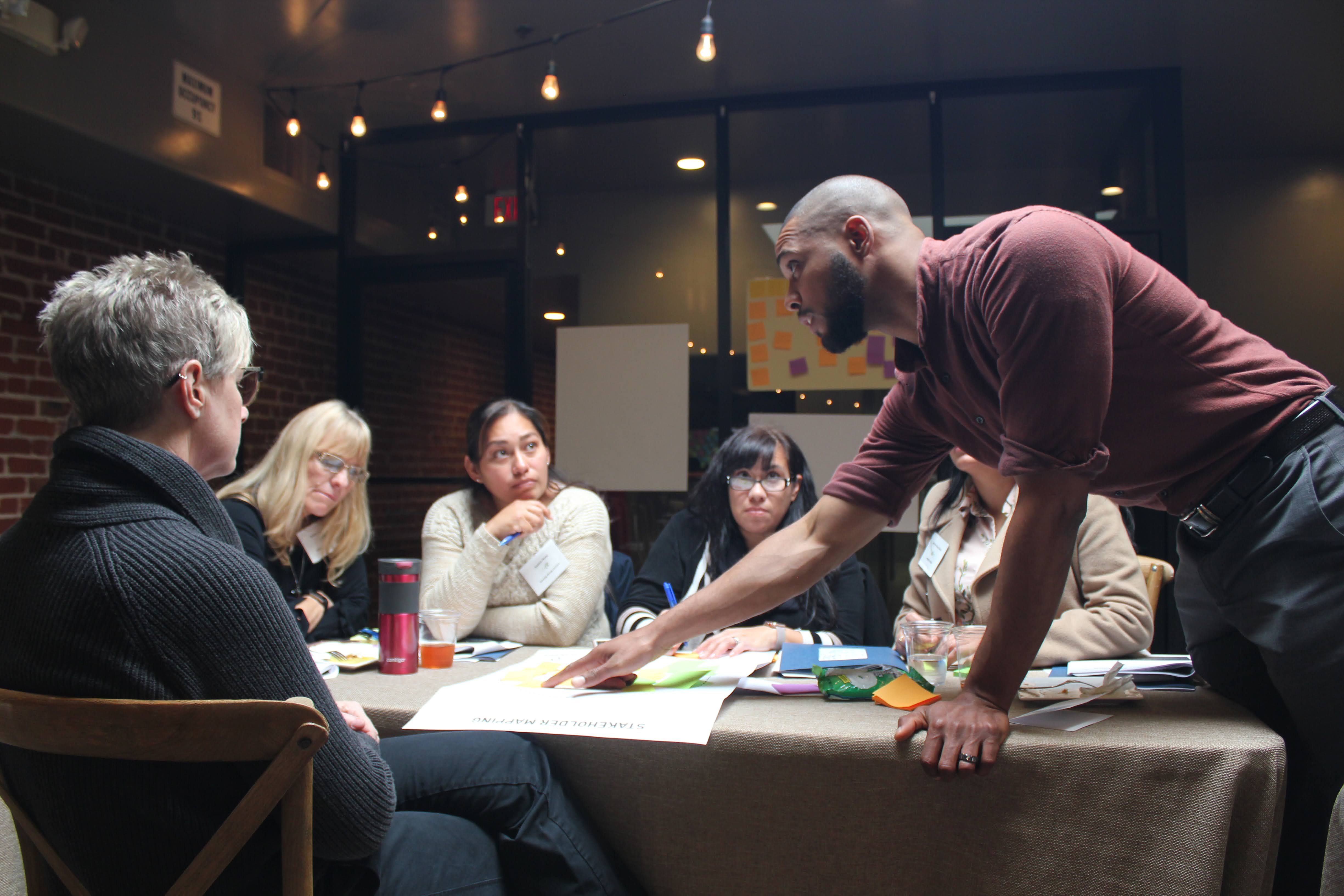Lifestyle
Making a Real Difference: How Your Business Can Create a Greater Impact on Society

– Choosing compostable paper bags over plastic packaging in your store.
– Offering fresh leftovers to the less-privileged living close to your eatery.
– Free haircuts every weekend for neighborhood kids whose parents can’t afford salon fees.
– Scaling your brand by cutting down on some less critical divisions in favor of affordability.
– Hiring well-vetted ex-convicts in your establishment.
The list goes on and on.
Beyond a pure profit-driven era and in an ideal world, the social impact of a business is just as critical to its overall success as the economic impact. Your business should be held to the moral responsibility of contributing to positive efforts, on any scale, against social injustice and other challenges faced by its host community. Contrary to the general misconception, social impact isn’t just about philanthropy.
“Social impact is tangibly improving the health and wellbeing of other people in society,” says Durell Coleman, an American entrepreneur, social impact consultant, multi-niched engineer, and Stanford lecturer. “The challenge in the definition is that a lot of things can appear to mimic this impact. However, the parameters for measurements are questions such as – who are the people who have some of the biggest health and wellbeing challenges? Are we making things easier for them? Are we creating things that are improving outcomes for them? As a social impact strategist, I think of who’s not being designed for and who’s not being served. Who’s left out of the systems that we currently have? This is how improvements are effected.”
Coleman is the founder and CEO of DC Design, a leading Black-owned social impact consulting firm and strategy development brand headquartered in San Francisco. With many years of experience working with nonprofits, foundations, and governments, Coleman has developed countless long-lasting community-centered strategies for directly impacting lives where it actually matters. He shares some thoughts on how social impact can be incorporated into everyday businesses on any feasible scale.
Social impact as part of your core business plan

One year. Five years. Twenty years.
It doesn’t exactly matter how long your business has existed. At any point in your growth trajectory, quality change can be envisioned. Cost-effective or non-cost strategies can be developed to scale your business up to an establishment making positive and genuinely helpful impacts on society. You’d have to identify what area of community or society you’d like to touch directly. For example, do you want to include more affordable options in your product list to tend to lower-income families, or would you like to include a free delivery option to nearby neighborhoods?
“Start with the people you want to serve,” Coleman says. “Not simply thinking about what’s needed to create change, but talking to them directly about what their experiences have been like in confronting the problem you hope to solve. If you want to affect homelessness, talk to the homeless. If you want to affect Black wealth inequality, talk to low-income Black people. If your work is about reducing mass incarceration, talk to those who are or have been incarcerated. They understand where the system failed them, where they could have chosen differently, and what your priorities should be.”
A combination of these insights is then applied to come up with solid approaches and viable strategies for creating directly visible impact. The result is the elevation of these social challenges as these ideas are solidified into long-term sustainable solutions.
Inclusivity against all forms of inequality
Escapism and denial about the social injustices thriving in the world, especially in the United States, would only hurt society in the long run.
“Inequality affects people across every demographic, spanning through parameters such as race where Black and brown people are undeniably affected by ongoing social injustice,” says Coleman, who runs Design the Future, a flagship program teaching high school kids to design products and apps for people with disabilities. “Other factors are gender, where women still battle career biases and representation; income levels, where lower income earners are often confined to lower quality schools, healthcare, and services; rap sheets as ex-convicts re-enter society with little hope for survival; and post-employment care, where war veterans are left to fend for themselves with inadequate assistance from the government.”
A business or brand seeking to make a real social impact must embrace the obligations of equality of inclusion in its range of services.
Tech firms can hire just as many males as females, cosmetics brands can include more dark skin tones in their product array to serve people of every color, fashion brands can supply plus-sized clothing at the same prices as other sizes, clinics can offer free therapy to war veterans, real estate agents can offer lower service percentages to the less-privileged, and more businesses can give formerly incarcerated people a chance.
Be kind to your labor force
A business can make all the social impact in the world but it would all be for nothing if the employees or hired labor, the actual driving force of the enterprise, are unhappy and uncared for. Social impact starts from the immediate environment and broadens out toward larger society.
In conclusion, Coleman describes his personal approach to employee wellness.
“Henry Ford had it right. He paid his people enough so that they could hopefully buy the cars that they were producing, and it all worked out,” he says. “I run a for-profit social impact business. I have to be efficient and I have to make enough money to support my people, my employees. I try to bring in the best employees possible. I try to give them health care. I want to make sure that they have everything that they need to thrive in their own lives.”
Lifestyle
When Seasons Shift: Dr. Leeshe Grimes on Grief, Loneliness, and Finding Light Again

Some emotional storms arrive without warning. A sudden change in weather, a holiday approaching, or even a bright sunny day can stir feelings that don’t match the world outside. For many people, the hardest seasons are not defined by temperature; they are defined by what’s happening inside, where grief and loneliness often move quietly.
This is the emotional terrain where Dr. Leeshe Grimes has spent her career doing some of her most meaningful work. As a psychotherapist, registered play therapist, retired U.S. Army combat veteran, and founder of Elevated Minds in the DMV area, she understands how deeply seasonal shifts and unresolved grief can affect people. Her upcoming books explore this very space, guiding readers through the emotional weight that can appear during different times of the year.
What sets Dr. Grimes apart is her ability to see clearly what many people overlook. Seasonal depression, for example, is usually tied to winter months. But she often sees it appear during warm, bright seasons, the times when the world seems happiest. For someone already grieving or feeling disconnected, watching others travel, celebrate, or gather can create its own kind of heaviness. Sunshine doesn’t always lift the mood; sometimes it highlights what feels missing.
The same misunderstanding surrounds grief. Society often treats it as a short-term experience with predictable phases and a clean ending. But in her practice, Dr. Grimes sees how grief keeps evolving. It doesn’t disappear on a timeline. It weaves itself into routines, memories, and milestones. People learn to carry it differently, but they rarely leave it behind completely. And that’s not failure, it’s human.
Her approach to mental health centers on truth rather than pressure. She encourages clients to acknowledge the emotions they try to hide: sadness that lingers longer than expected, moments of joy that feel out of place, and the waves of loneliness that return even when life seems stable. Instead of pushing for quick recovery, she focuses on helping people understand how emotions shift and how to care for themselves through those changes.
Much of her insight comes from her military years, where she witnessed the emotional toll of loss, transition, and constant survival. She saw how people continued functioning while carrying pain that had nowhere to go. That experience shaped her belief that healing requires space, space to feel, to speak, and to move through emotions without judgment.
In her clinical work today at Elevated Minds, she encourages people to build small, steady habits that anchor them during difficult seasons. Journaling helps them recognize patterns and name what feels heavy. Community support breaks the cycle of isolation. Therapy creates a place where emotions don’t have to be minimized or explained away. And intentional routines, daily sunlight, mindful breaks, and calm evenings help rebuild emotional balance.
Her upcoming books expand on these ideas, offering practical guidance for navigating both grief and seasonal depression. She focuses on helping readers understand that healing is not about escaping pain. It’s about learning how to live with it in a healthier way, honoring memories, acknowledging loneliness, and still allowing room for moments of light.
What makes Dr. Leeshe Grimes a compelling voice in mental health is her ability to bring language to experiences that many struggle to explain. She reminds people that emotional seasons don’t always match the weather and that there is no single path through grief. But within those shifts, she believes there is always a way forward.
The seasons will continue to change. And with the right tools, compassion, and support, people can change with them, finding steadiness, softness, and light again, one step at a time.
-

 Tech5 years ago
Tech5 years agoEffuel Reviews (2021) – Effuel ECO OBD2 Saves Fuel, and Reduce Gas Cost? Effuel Customer Reviews
-

 Tech6 years ago
Tech6 years agoBosch Power Tools India Launches ‘Cordless Matlab Bosch’ Campaign to Demonstrate the Power of Cordless
-

 Lifestyle7 years ago
Lifestyle7 years agoCatholic Cases App brings Church’s Moral Teachings to Androids and iPhones
-

 Lifestyle5 years ago
Lifestyle5 years agoEast Side Hype x Billionaire Boys Club. Hottest New Streetwear Releases in Utah.
-

 Tech7 years ago
Tech7 years agoCloud Buyers & Investors to Profit in the Future
-

 Lifestyle5 years ago
Lifestyle5 years agoThe Midas of Cosmetic Dermatology: Dr. Simon Ourian
-

 Health7 years ago
Health7 years agoCBDistillery Review: Is it a scam?
-

 Entertainment7 years ago
Entertainment7 years agoAvengers Endgame now Available on 123Movies for Download & Streaming for Free
